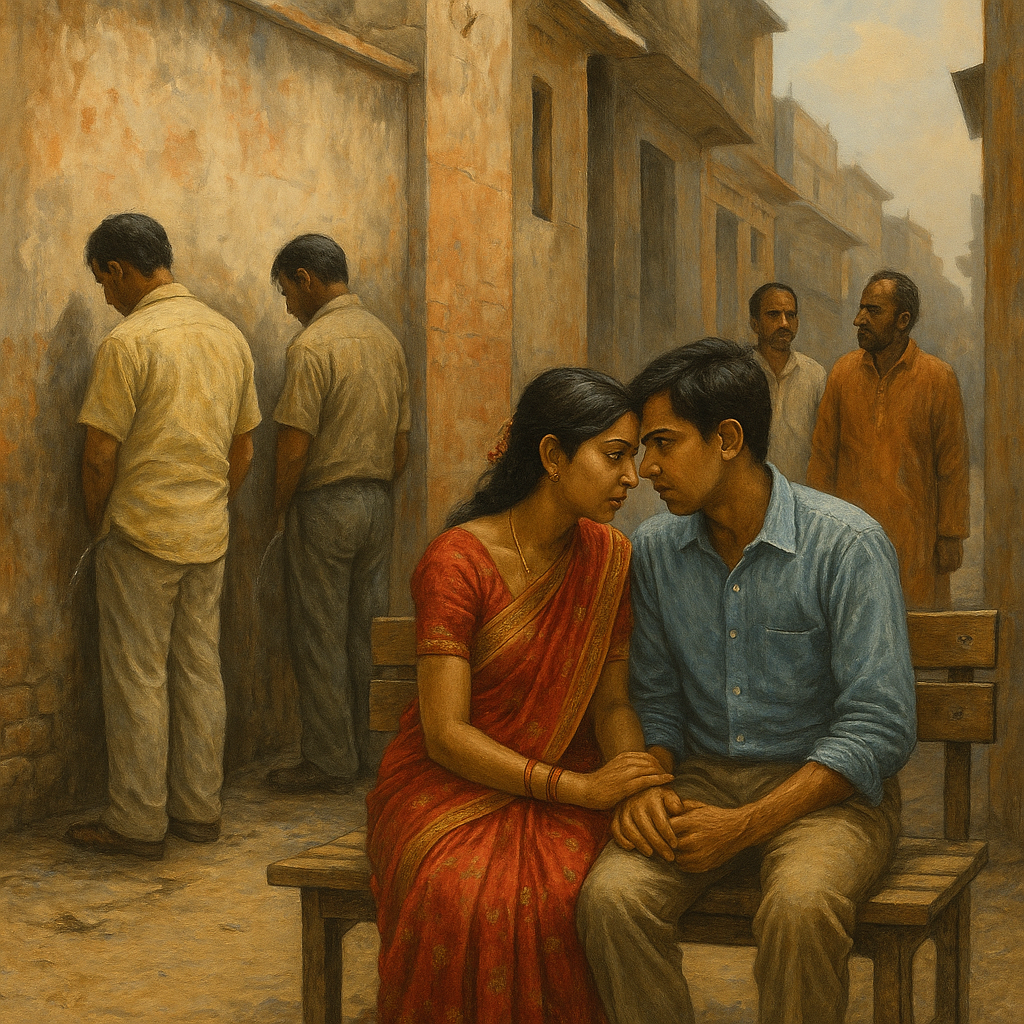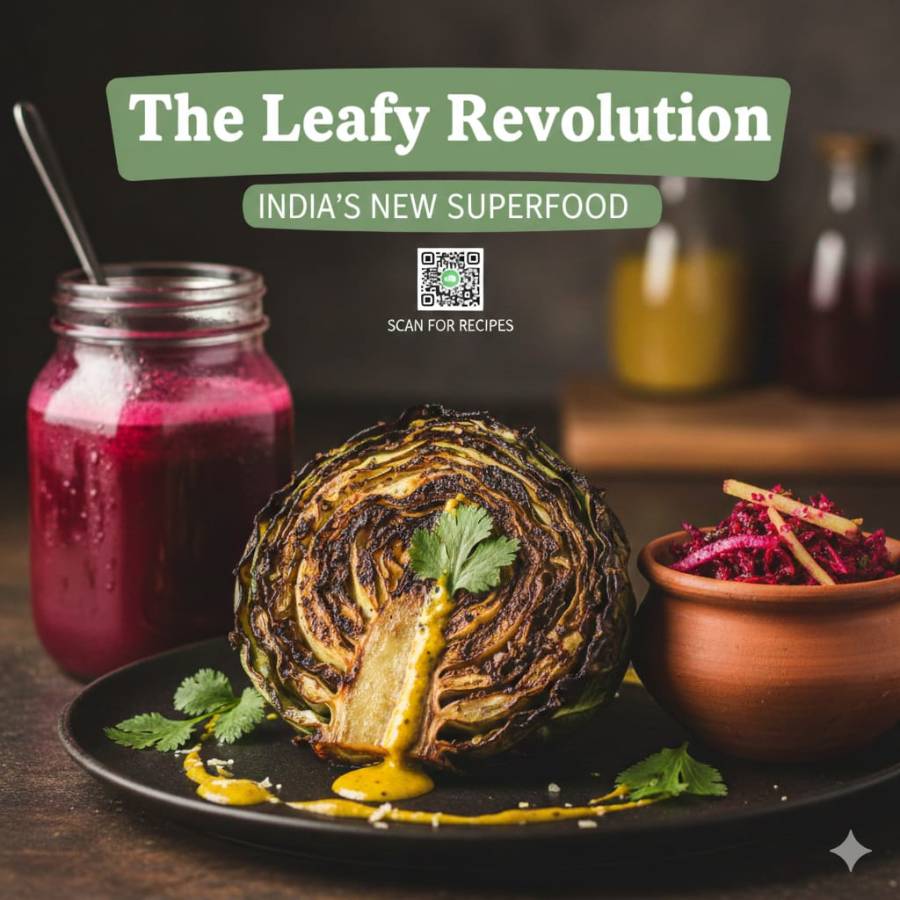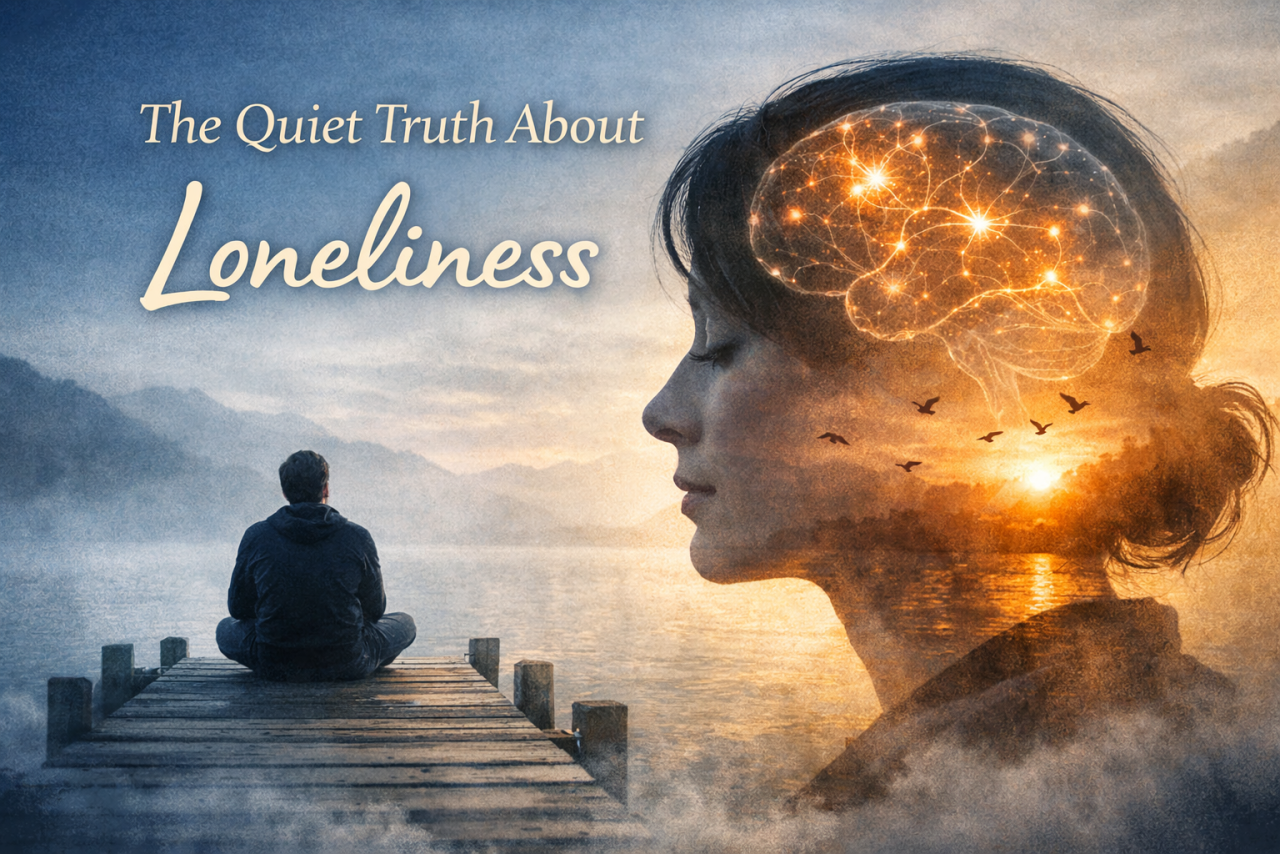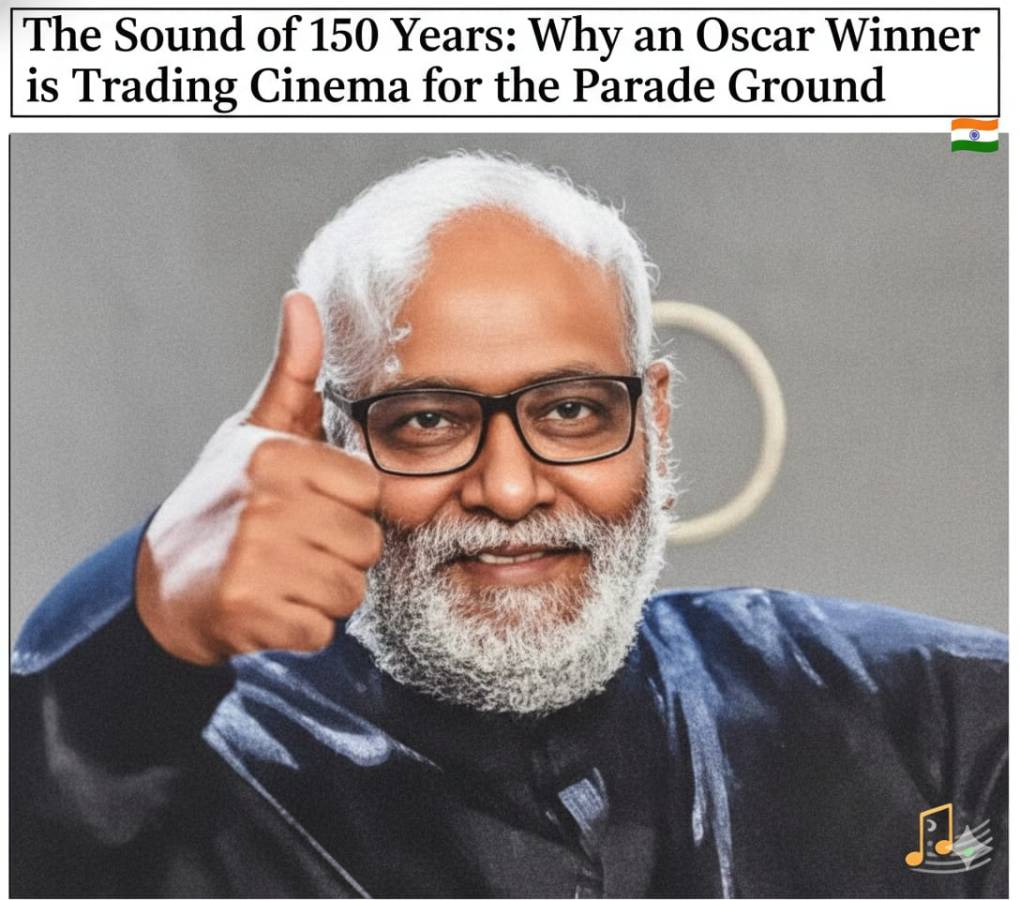
It was a blistering afternoon in Varanasi, the kind of heat that made the air shimmer in waves and the asphalt buckle beneath the weight of the sun. Vikram stepped off the crowded bus, wiped his brow with the sleeve of his shirt, and set out toward the Ganges, hoping for a breath of cool air by the riverbanks. The streets were thick with the scent of curry, incense, and the occasional cloud of diesel exhaust.
As he walked, he couldn’t help but notice the familiar scene: a group of men casually urinating against a wall near the market. They didn’t look up, didn’t seem to care. No one bothered them. A few women avoided the alley with a polite turn of their heads, but most people pretended not to see. The men’s backs were to the world, their faces turned toward an invisible horizon, lost in their own private moment of release.
Vikram paused, suddenly aware of the contradictions around him. Not far from the wall, two young lovers sat on a bench, leaning close, whispering sweet nothings. Their hands brushed briefly, fingers tingling with the possibility of more. It was as if the whole world had agreed to hold its breath, to hold back, as they leaned in for a kiss—a kiss that never came.
He looked away, feeling the familiar weight of the invisible eye of society bearing down on them, judging, policing their every gesture. A kiss in public? Unthinkable. A quick embrace or a whispered word? An invitation to gossip. Yet here, just a few feet away, a man urinated in broad daylight, without a second thought, as if it were no more out of place than the air itself.
"Vikram, where are you off to?" A voice broke his reverie. He turned to see an old friend, Sandeep, standing in the shade of a small temple, his hands folded in greeting.
"Just taking a walk. Heading toward the river," Vikram replied, nodding toward the young couple, still sitting, their faces inches apart.
Sandeep followed his gaze. "Ah, the kids today. They have no shame."
Vikram nodded, but he didn’t share Sandeep’s judgment. Instead, he found himself oddly disturbed by the very fact that society had decided that some acts, like urination in public, were not only tolerable but unremarkable, while others—so much more innocent—were forbidden.
“I was thinking,” Vikram said after a pause. “About public space. About what we’re allowed to do in it, and what we’re not.”
Sandeep raised an eyebrow. “What do you mean?”
Vikram gestured vaguely toward the couple, still sitting together, now leaning in toward each other with the quiet promise of something more.
“Why is it that we can piss in public, but we can’t kiss? Why is it that nobody even notices the one, but the other—well, it feels like the whole world will stop spinning if someone sees it.”
Sandeep shrugged. “It’s the way things are, Vikram. It’s tradition. People know their place, their boundaries. Public affection—especially in a city like this—goes against everything we’re taught about modesty, about respect.”
“But you saw them,” Vikram insisted, pointing toward the couple. “They’re not doing anything wrong. A kiss doesn’t hurt anyone. Why is that a threat to our values, while someone peeing on the street is just another part of life?”
Sandeep thought about it for a moment, then laughed. “Because no one’s going to start kissing everywhere if we allow it. But if we let people piss in public, well, the whole city would smell like a latrine!”
Vikram shook his head. “It’s not the smell, Sandeep. It’s the way we’ve decided that the body, our bodies, are okay to be exposed in certain ways but not in others. Public urination is just an inconvenience, something we’ve come to accept. But public affection? That’s an assault on our cultural norms.”
They walked for a while in silence, the sound of the river growing louder in the distance. Vikram couldn't shake the thought of the kiss that never happened. What made it so dangerous? Why had society chosen to regulate something so natural, so intimate? And yet, public urination was simply part of the rhythm of daily life, a grotesque but unremarkable detail woven into the fabric of the city.
When they reached the river, Vikram stopped and took a deep breath, the air filled with the scent of wet earth and the distant calls of boatmen. He turned to Sandeep, a quiet resolve in his eyes. "Maybe it’s not the act itself that’s the problem. Maybe it’s that we’ve decided some things should be kept hidden, locked away, while others are just...allowed."
Sandeep looked at him curiously, then followed his gaze to the river. "Maybe," he said, "But I wouldn’t expect the city to change its ways anytime soon. Tradition is a hard thing to shake off."
Vikram smiled, but it was a weary smile, tinged with the knowledge that sometimes, change takes more than just questioning. It takes action. And in a place like Varanasi, where history and tradition wove through the streets like the Ganges itself, change often came slowly—if at all.
As they sat on the riverbank, watching the sun dip low, Vikram wondered if he’d ever see a day when public spaces were truly free—free to be as intimate or as mundane as the human body itself, without judgment or contradiction.
But for now, he could only dream of a time when a kiss would be as acceptable in public as a man’s release against a brick wall.






















Robin
1 year agoसब आजादी फायदा उठा रहे, जो देख रहा वह भी जो महसूस कर रहा है, जो पब्लिक प्लेस पर टॉयलेट कर रहा है जो ये सब लिख रहा है।।। विरोधाभास हो सकता है वह भी अपनी सोच पर निर्भर करता है।।